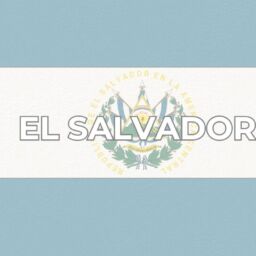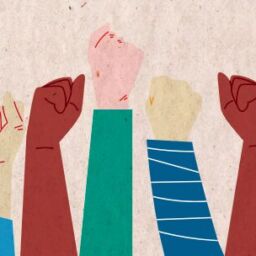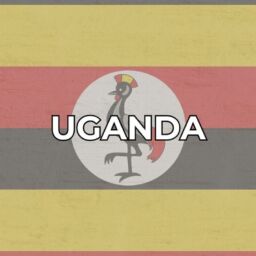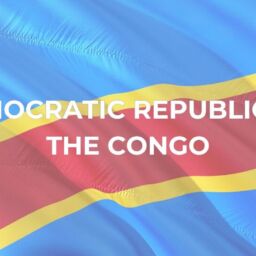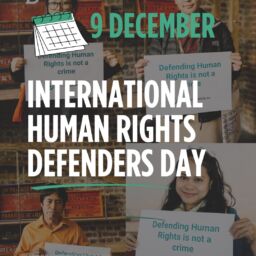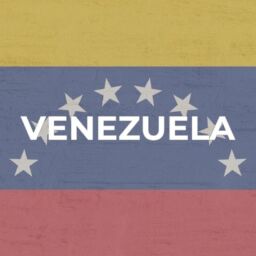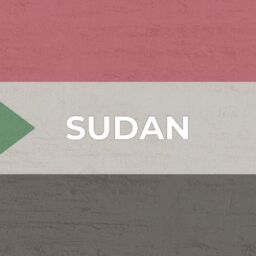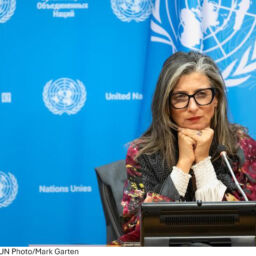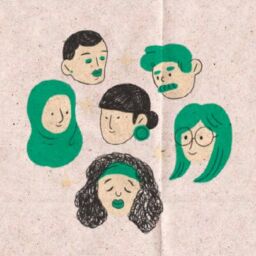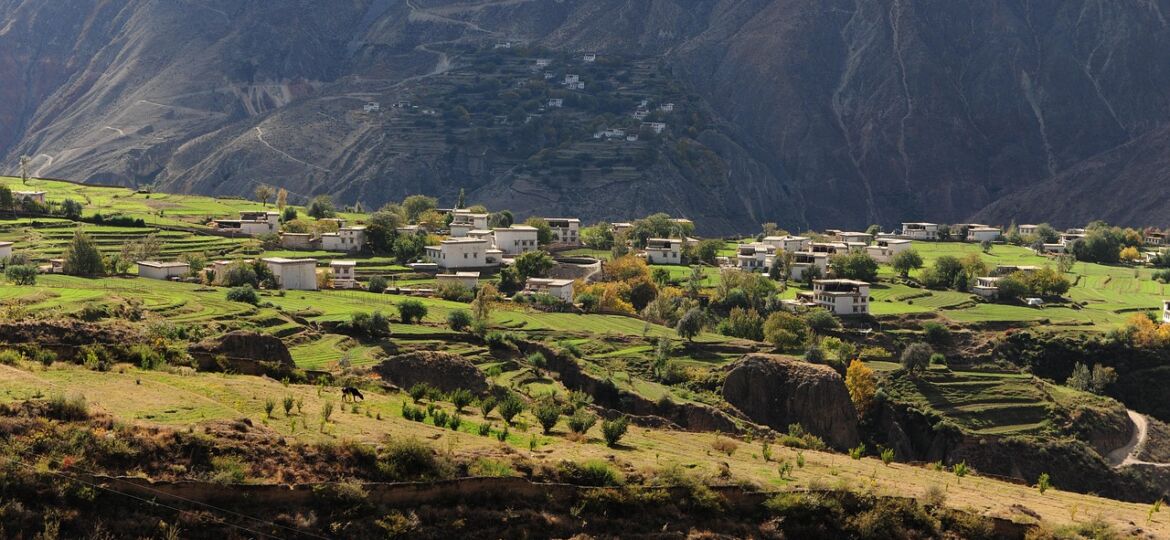
Violence, repression, and displacement are realities that shape the lives of millions across the world today. More than ever, we are facing a global humanitarian challenge — one that crosses borders and impacts individuals and communities, and, most acutely, those on the frontlines of justice: human rights defenders. These individuals, because of their work and visibility, are often among the first to be targeted — silenced and criminalized simply for standing up against injustice.
Our mission is grounded in solidarity and protection. Every day, we stand with those who face persecution on political, religious, or social grounds because they dare to speak out, organize, or resist injustice. In doing so, we follow a principle of territoriality — recognizing how essential it is for human rights defenders to remain close to the communities where they live and act. Their presence, networks, and knowledge are often deeply rooted in the local context.
That’s why our support goes far beyond emergency response. We work to ensure that defenders and their communities have the tools they need to continue defending rights where they are. Through protection grants, training, and long-term accompaniment, we enable defenders to stay safe while remaining active.
In some cases, however, temporary relocation becomes a necessary part of protection. These programs are not only about rest and respite; they also offer critical spaces for solidarity-building, healing, and strategic networking — all of which are essential to support a safe return or continued activism, often within their own region.
We also believe in the vital role of visas as instruments of protection (Visa for Defenders) . Predictable and flexible mobility frameworks empower defenders to move safely without being forced into asylum pathways that might sever their ties to their work, homes, or communities. Our visa advocacy promotes rights-based, sensitive mobility schemes that view defenders not merely as at-risk individuals but as agents of change who must be able to cross borders safely in order to continue their work.
When defenders are forced to leave their countries — or even their continent — we risk losing the seeds of peace and justice they have helped to cultivate. Displacement, while sometimes unavoidable, can drain essential energy and dismantle resistance in regions that need it most.
However, in many cases, ongoing threats mean that return is simply not an option. This is when defenders may be forced to make the life-altering decision to apply for refugee status — a form of international protection for people who cannot return to their country of origin due to a well-founded fear of persecution based on political beliefs, activism, religion, ethnicity, or identity.
This protection is rooted in the 1951 Refugee Convention, also known as the Geneva Convention Relating to the Status of Refugees, a key legal document that defines who is a refugee, their rights, and the legal obligations of states to protect them. Originally established in the aftermath of World War II, it was later expanded by the 1967 Protocol to apply globally, beyond the scope of European displacement. Today, the Convention remains the cornerstone of refugee protection worldwide, in fact no one should be returned to a country where they face serious threats to their life or freedom.
Through our network, we could support a young Nicaraguan feminist and human rights defender who was forced to flee her country due to political persecution. Before leaving Nicaragua she had worked tirelessly on youth, women’s rights, and civic participation. Nevertheless, due to escalating violence and threats for her in after the country’s 2018 crisis she made the difficult decision to seek refuge in Costa Rica.
There, thanks to the Red de Mujeres Pinoleras, a civil society organisation of Nicaraguan women in exile, she was welcomed into a strong community. The organization advocates for women’s rights, offers practical and emotional support, and builds solidarity among politically displaced women.
There she decided to apply for refugee status—knowing this would change how she was seen, from human rights defender to displaced person—was not easy. But it was the right decision to ensure her safety and protect her future.
As we mark World Refugee Day, we want to shine a light on defenders who have experienced displacement — not just as a complex ordeal, but as a direct consequence of their unwavering commitment to human rights and justice. Being a human rights defender is a calling — but also a risk, often demanding life-changing sacrifices. Their voices must not be silenced by borders, bureaucracy, or indifference.
On this day — and every day — we must reaffirm our commitment to building a world where standing up for rights does not mean losing your own, and where the decision to defend justice is met with protection and dignity, not exile.


